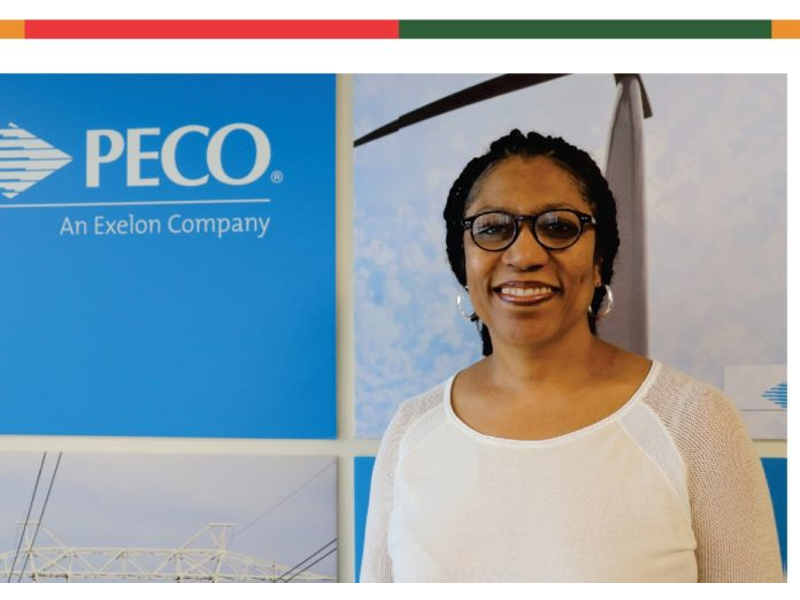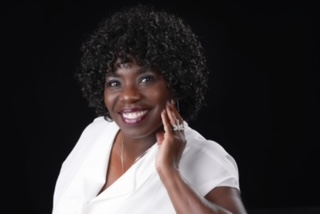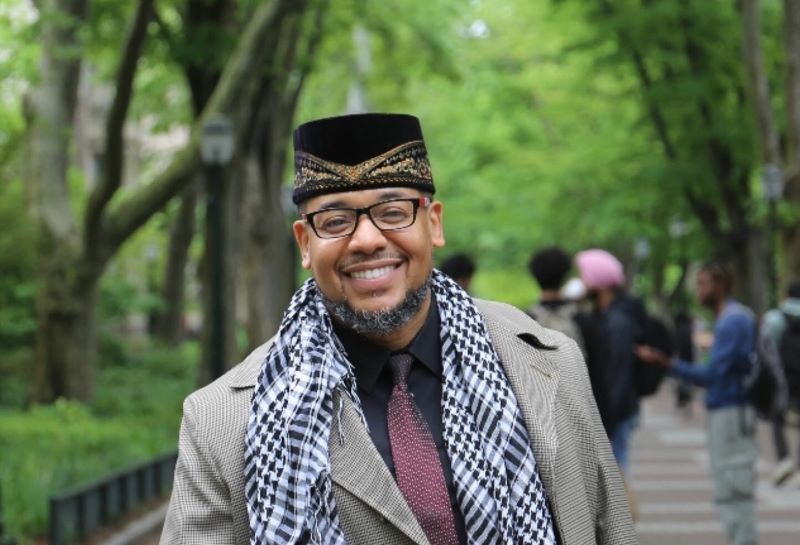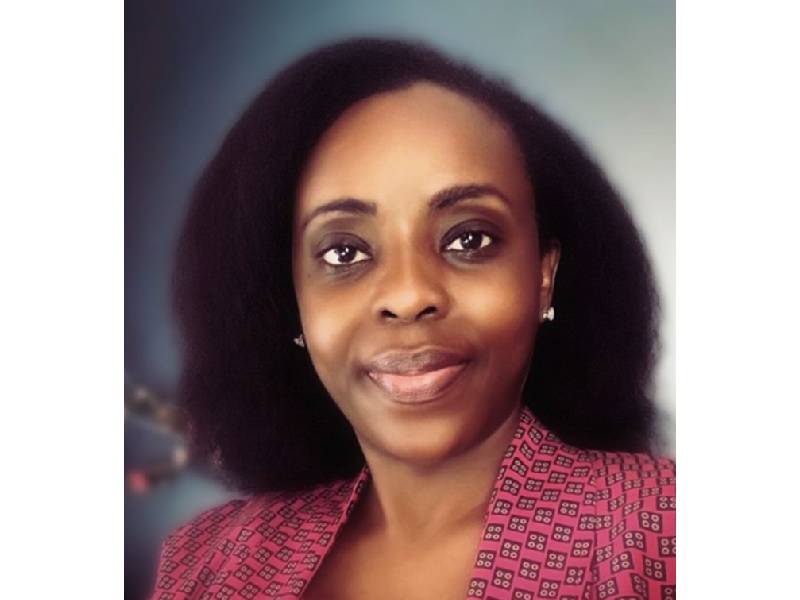Patricia A. King is a native Philadelphian. She earned a Bachelor of Science degree in Communications with a minor in Chemistry from the University of Pittsburgh in 1984.
Patricia began her professional career with Verizon in 1984 as a Repair Service Attendant. Her first management position, (Computer Operator), was followed by a succession of progressive positions, (Operations Technical Support; Product Engineer; & finally Systems Engineer). After 14 years of service at Verizon, Patricia left Verizon to pursue a career at PECO Energy in 1998.
Patricia has been employed by PECO for the past 22 years. In that time, she has held numerous positions in Information Technology; Engineering; Asset Management; Human Resources; Revenue Management; Customer Financial Operations and Corporate Relations. Patricia is currently the manager of Community Engagement for PECO. In that role, Patricia oversees all of PECO’s community outreach efforts for the low-income and underserved community. Patricia has managed annual budgets of over $15 million dollars, program portfolios valued at over $100 million dollars and call centers. Patricia has received several awards at PECO, including the prestigious “Excellence in Customer Satisfaction” award.
Patricia is also very active in her community. In 1992, she founded the Telecommunication Excellence for Associates & Managers (TEAM) scholarship program. In its 10-year history, that program awarded over $100,000 in college scholarships and book awards to low-income students. Patricia has also served as the Consortium of Information and Telecommunication Executives (CITE) scholarship co-chairperson. In that capacity, she was responsible for organizing regional conferences where the average attendance was in excess of 2000 people. Through her strategic partnerships, Patricia has collaborated with notable keynote speakers such as the late Alex Haley, James Earl Jones, Susan Taylor and Les Brown.
Patricia’s key interest is giving back to her community. Her primary focus is education and self-sufficiency. To support this effort, Patricia hosts Career Planning Workshops for inner city high school students. Also, as the past Chairperson of Temple University’s Center for Social Policy and Community Development’s “New Choices / New Options” Program, Patricia has worked with at-risk adults to provide job readiness training in various felids. Patricia supports adult learning as she is a “Certified Adult Tutor” in the Mayor’s Commission on Literacy in Philadelphia.
What is a defining moment in your career and life?
The defining moment in my career was when I was a repair service attendant (RSA) in Verizon’s call center. I frequently volunteered to do additional clerical work in the office that most RSA’s didn’t want to do or refused to do. My thought was, I’m still getting paid, and the work needed to be done, so why not help out. One of my clerical responsibilities included providing daily reports to our director – Mr. Smith (this was before email – I had just graduated from college). Had I not accepted this task; I would have never had access to or interactions with Mr. Smith.
One morning, when I gave Mr. Smith the prior day’s report, he asked me to sit down. Immediately, I started to wonder what I did wrong. He then proceeded to tell me I reminded him of his daughter (which was confusing to me at the time because he was white, and I was black). He also said he had been watching me, and he was very impressed with how I carried myself. As a result, he submitted my name for a rigorous management training program. At the time, the only way to get in this program was to be submitted by a director or above. That moment changed the trajectory of my career and opened many doors. It also taught me 2 major lessons. First, don’t discount people who don’t look like you. And second, always carry yourself in a professional, polite and pleasant manner. You never know who is watching you.
What challenges have you faced as a woman of color in your field and how did you overcome them?
When I was promoted to Operations Technical Support (OTS) at my former company, I was the first Black person to earn that coveted position. One day, when I was in the gym working out with my all white, male counterparts, my boss (also a white male), played what he thought was a funny joke on me. My counterparts (who also reported to this person), also thought it was funny. I on the other hand was highly offended, and they saw it in my response. The room got completely quiet, and I walked out of the gym. What happened to me was nothing short of sexual harassment.
Later that day, my boss came to my office and apologized for his actions. He apologized because he was concerned that I might go to Human Resources (HR). I accepted his apology and assured him I would not go to HR. As the first person of color to earn that position, it was a pretty big deal. Family, friends, and other African American co-workers were very proud of me. I felt I had an obligation to my race to show company leadership that we could do that type of work. In my mind, I was paving the way for more people of color to earn that position. My accepting a little sexual harassment was par for the course.
What woman inspires you and why?
My mother. I lost my mother about 9 months ago at the tender age of 94. She was a rock. She was my rock. Born in 1925, my mother overcame so many challenges and achieved so much. She went to college and insisted all her children and grandchildren went to college as well. She was very involved in politics and used her political influences for the good of her community by ensuring teenagers got summer jobs, and the community got needed services. She opened and ran businesses for decades. Prior to that, she worked 2 and 3 jobs simultaneously to make sure we had everything we needed and much of what we wanted. She received numerous awards and citations in her well lived life. She was a role model to so many as evidenced by her home going service that had hundreds of attendees.
What is your advice to the younger generation of women coming after you?
Always act as if someone is watching you, because they are. And to that end, don’t limit your options / opportunities. The person that helps you may or may not be someone that looks like you. And finally, keep an open mind, but never compromise on your core values.
What does being a part of the African Diaspora mean to you?
The African Diaspora or middle passage was an unusually cruel and gruesome period. Thousands lost their lives during that journey. The fact that I am a descendant of the people of that journey means I’m a descendant of the survivors of that journey. If my ancestors endured and survived that cruelty, I should be able to endure and overcome anything that comes my way. I come from strong stock!





